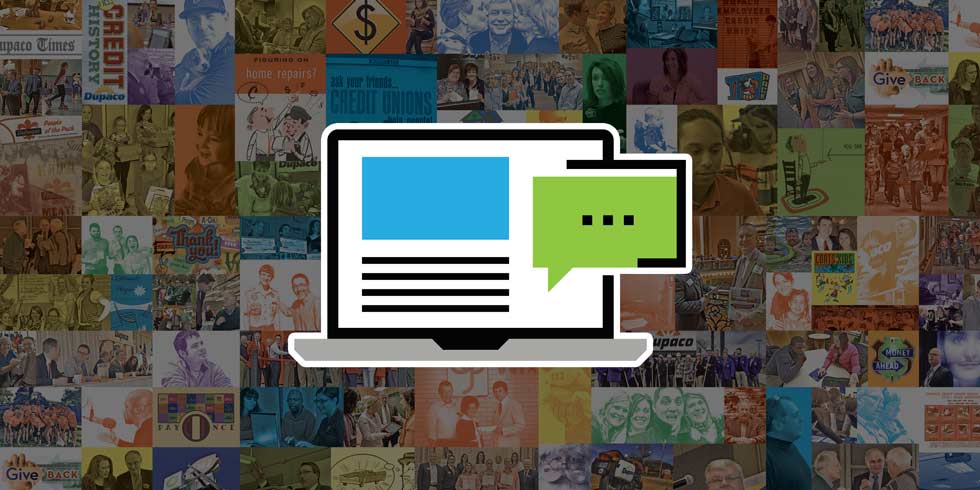
Online distribution channels continually change as new technologies and trends emerge.
And if you find a channel that resonates with your customers, it can be an opportunity to offer a new delivery method, product or service.
It can also be a chance to shake up the market or build your customer relationships.
If you’re trying to offer a new way to sell your product to grow your business, you have several business channels to consider.
A business channel is either how you find your customers or how they buy your product or service.
More distribution channels than ever
It wasn’t all that long ago when physically meeting and talking to someone (or mail order) were the only ways to make a purchase.
The internet and online banking have changed the playing field. Now it’s possible never to see the buyer or seller.
You can sell your offerings by:
- Dropshipping: Another business holds your inventory and ships it to your customers.
- Affiliates: Receive commission by recommending other business’ products.
- Brokerage: Connecting buyers and sellers, like real estate agents.
- Renting short-term: Using an electric scooter for 10 minutes.
- On-demand: Delivering a product or service only when ordered, like printing and books.
- Resource sharing: Think Uber and Airbnb, which use the public to rent their assets to end-users.
New ideas emerge all the time.
Investigate what other businesses are doing. What’s trending in your industry that you could take advantage of? You might be able to provide your customers a new business channel.
Online marketplaces
Businesses no longer need their own channel to market.
Third-party marketplaces like Amazon and Etsy allow you to list your goods or services. And the marketplaces promote your products to their database of customers.
They might take a fee. But benefits might include low setup costs, easy product listings, access to their customers and payment processes set up for you.
Investigate your industry marketplace. Is it worth trying this channel to reach new customers? It might complement your other channels.
Subscription model
Paying a monthly fee is increasingly embedded in our way of buying. We’re willing to commit to recurring payments for continually updated products or services. (Think Netflix, Disney and Apple.)
But you don’t need to be a tech company for your customers to subscribe. Other businesses charging a monthly fee include:
- Professional services like accountants and marketers
- Consumables
- Health and wellness (gyms and supplements)
- Meal delivery
- Vehicle leasing
- Publications and exclusive content
- What can you sell or provide in exchange for a monthly payment from your customers?
Give stuff away for free
Some of the largest companies in the world (like Facebook, LinkedIn and Google) have business models that offer the core product for users at no cost.
Users post, blog, discuss, share and participate for free. The traffic generated is monetized, usually from online advertising.
Online media and gaming sites also use this model to provide a certain amount of gaming or information for free, with upgrade options for more.
You might be able to deliver parts of your business for free while creating alternate revenue streams. Your giveaway doesn’t need to be a product. Instead, it might be valuable content, information or services as a lead-generating opportunity.
Is the new channel feasible?
You can choose more than one way to introduce new services, products or channels to your business.
But if you implement a new way to sell, make sure the business model is profitable and can stand alone if needed.
To help you choose the right channel, consider these tips:
- Stay informed about the best new business apps and what’s relevant to your industry.
- Evaluate any new software or channels introduced by your industry.
- Safeguard your new online business from theft or fraud.
- Ask your customers what they use and how they want to buy from you.


